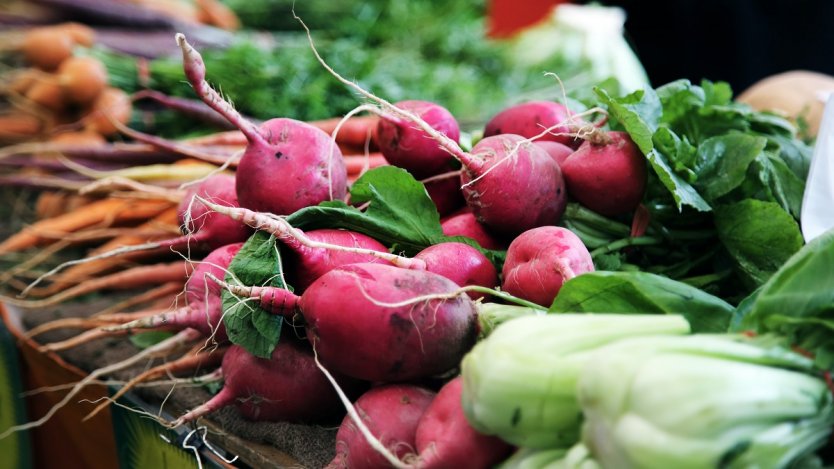While we normally refrain from thinking about winter until it actually arrives, now that we find ourselves in the midst of autumn, we are starting to get excited about this year’s crop of winter vegetables.
Like most grocery store goods, winter vegetables like carrots, kale, Brussels sprouts, and beats are available to Canadians year-round, but something special starts to happen during the winter months that takes their flavour profile to a discernibly sweeter level.
That special something is typically referred to as chill-sweetening or winter-sweetening.
Certain vegetables—particularly root vegetables and cole crops—are built to withstand the coldest of temperatures. Over the course of the growing season, these vegetables store up energy in the form of starches, and once the temperature starts to drop, they convert their starch stores into sugar.
This process takes place to prevent the vegetables from freezing, but it also produces a noticeably sweeter and arguably more flavourful end product.
Depending on where you live in Canada, it can sometimes be difficult to find freshly-grown winter vegetables at a supermarket or grocery chain, so we recommend procuring your produce from a local farmer, or better yet, planting your own winter garden!













